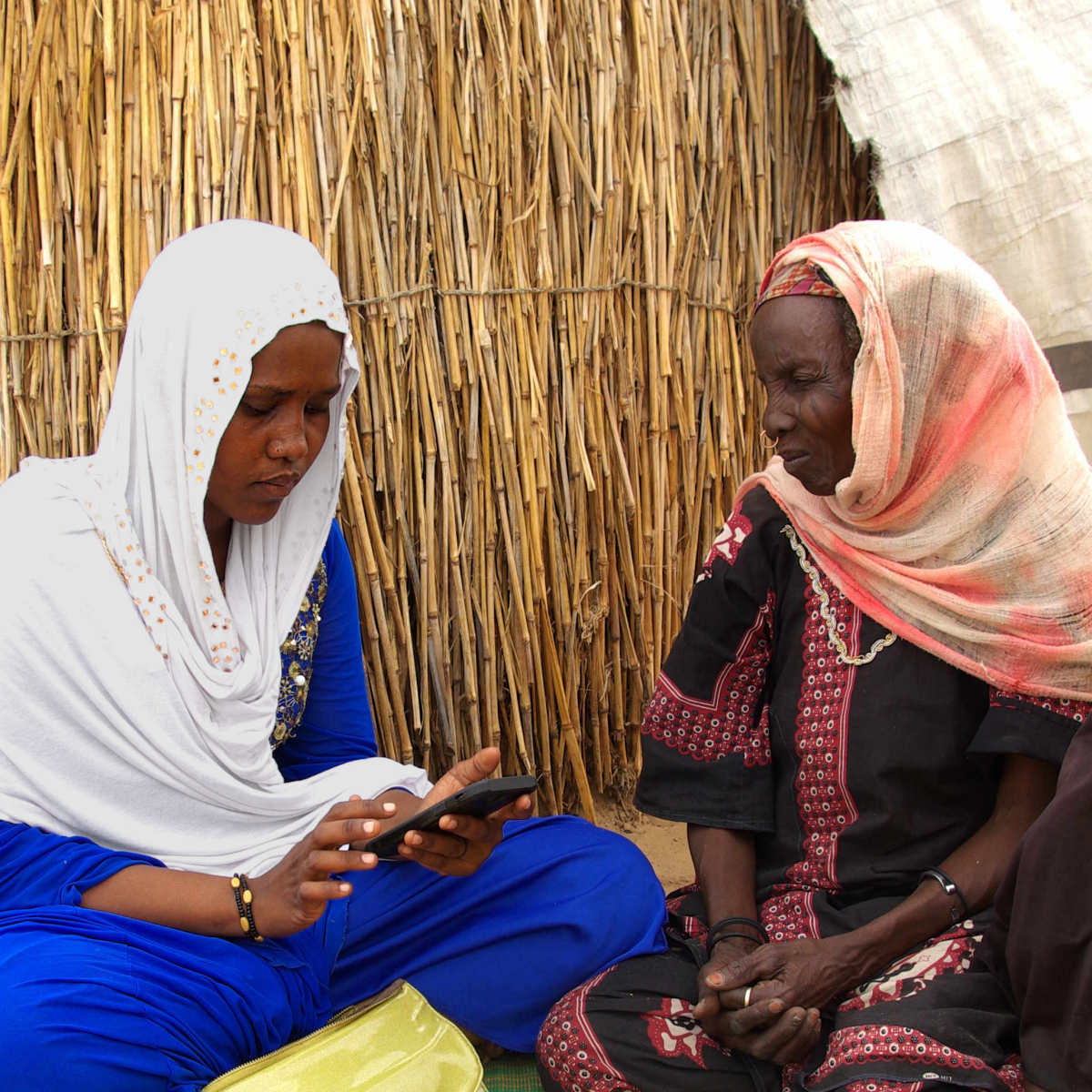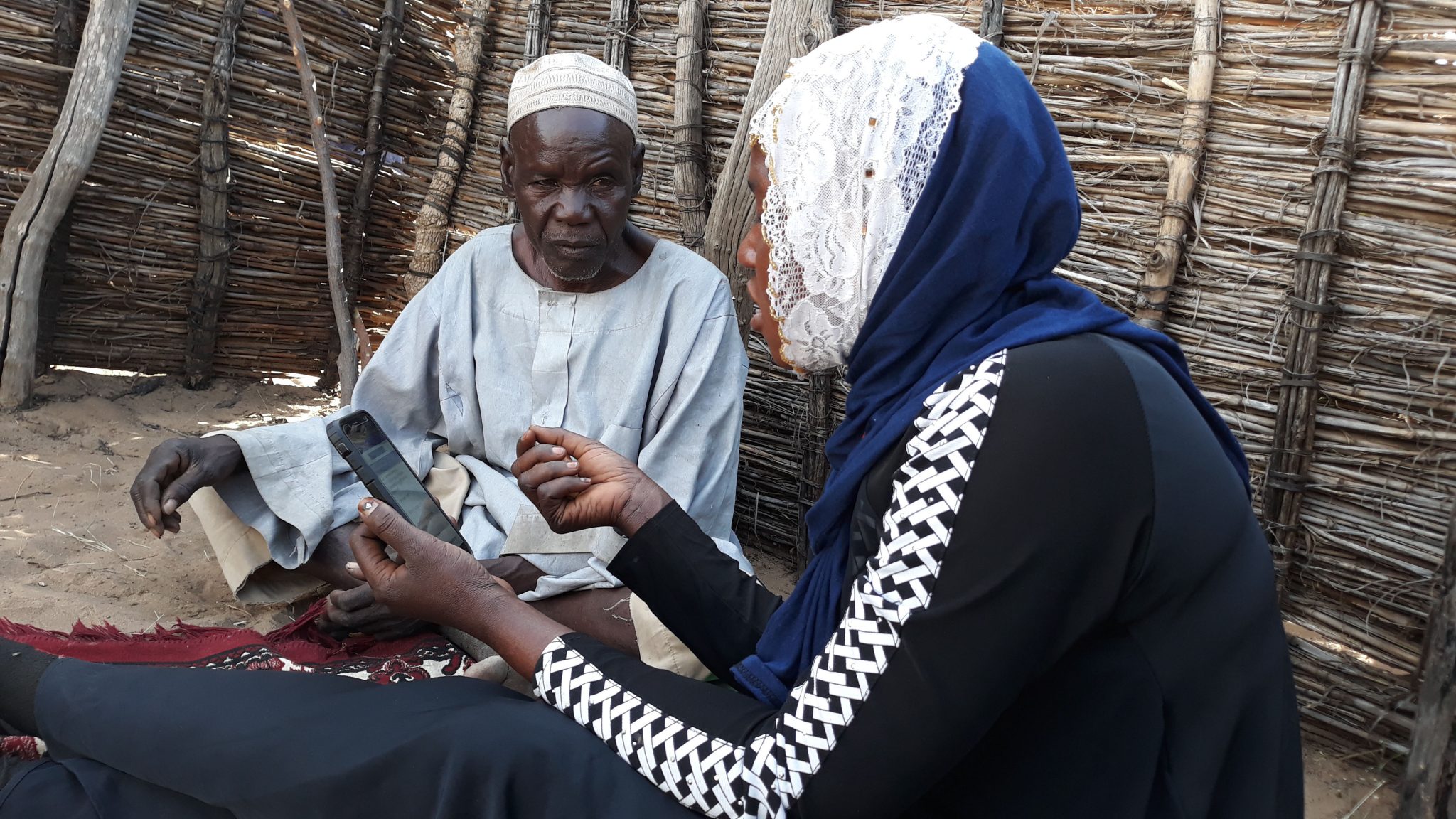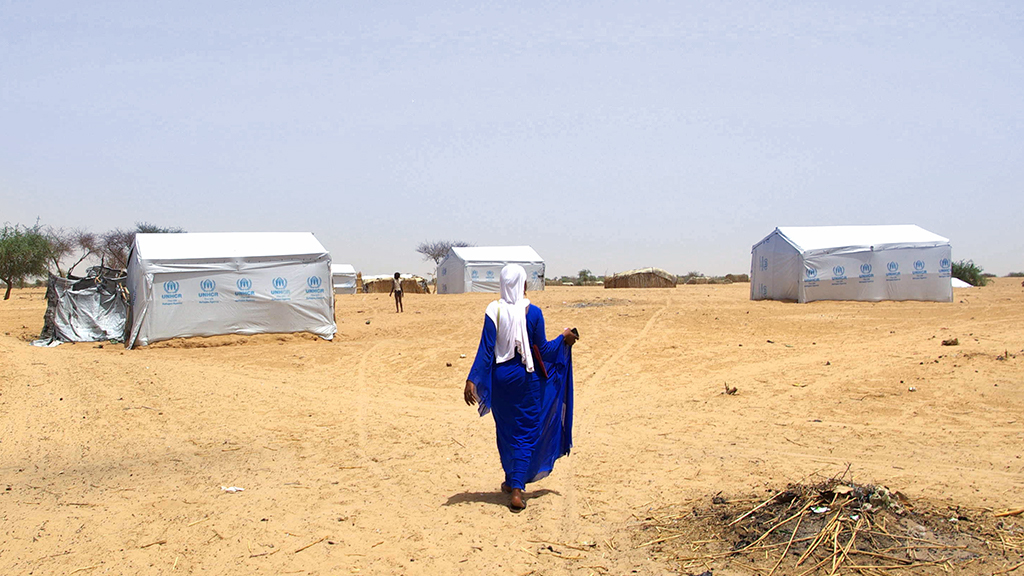A Groundbreaking Model: Strengthening Accountability in Chad
In a tucked-away country, often out of sight of international media not one but three major humanitarian responses are underway. With the continued presence of refugees from Sudan, more recent displacement due to threats from Boko Haram and the arrival of people fleeing conflict in Central African Republic, Chad is one of the most challenging humanitarian contexts in Africa.
Strengthening Accountability
There are only two countries in the world in which aid agencies have set up a platform to assess how accountable they are, collectively, to people affected by crisis. Chad is one of them. Every six months, the Humanitarian Response Plan is assessed from the perspective of the people it seeks to serve and measured against perceptual indicators tied to the Core Humanitarian Standard (CHS).
Since January 2018, the CHS Alliance has been working in partnership with Ground Truth Solutions (GTS) to collect and analysis feedback from people affected by crisis to support the Humanitarian Country Team to adapt their programmes on the ground. Known as the Strengthening Accountability project, and funded by the Swedish International Development Cooperation Agency (Sida), this is a striking example of how to deliver on commitments to accountability enshrined in the CHS, as well as the Grand Bargain recommendations for the Participatory Revolution.
Translating theory into reality
Our partner, GTS works on the ground collecting data about people’s satisfaction with the humanitarian response, including feedback directly from affected communities and aid workers. The CHS Alliance then uses these findings to help aid agencies implement programmes that are informed by and adapted to the views, perceptions and priorities of the people they serve. We also employ the CHS as a framework to improve the quality and accountability of the Humanitarian Response Plan.
As part of the project, the CHS Alliance has provided accountability support in Chad to cluster representatives, our member organisations and others active in humanitarian action through a series of workshops and meetings.

Results that let people speak for themselves
The CHS Alliance and GTS have now released three rounds of perception survey results.
Each survey encompasses the views of around 1,600 affected people and 400 aid workers.
The perception gap between aid workers and affected populations can be stark, as some key 2018 results show:
- Aid workers feel confident in their targeting, with 94% saying that they believe that services reach those people most in need. However, the affected populations interviewed were much less certain, with only 34% saying that those most in need are reached.
- 88% of the affected population feel safe making a complaint to humanitarian organisations, but two-thirds were not certain about how to go about doing this.
- Positively, 76% of the affected population interviewed say that they feel treated with respect by humanitarians and 65% feel satisfied with the way humanitarians treat their community. Yet, only 16% overall say that they know what behaviours were expected of humanitarian workers.
The full reports and summaries of each are available on our partner’s website.

Next steps
The CHS Alliance are working closely with our partners on the ground to turn this model of perceptual data collection and improvement into one that can be easily replicated in other countries. We want to put people right at the heart of humanitarian aid.
Contact our Accountability Manager, Geneviève Cyvoct, for more information and advice on AAP.

